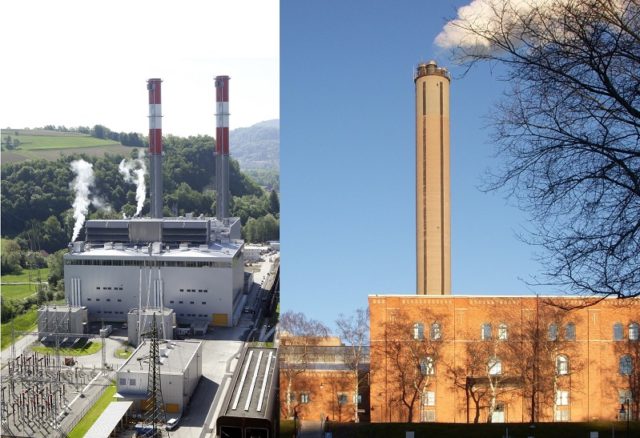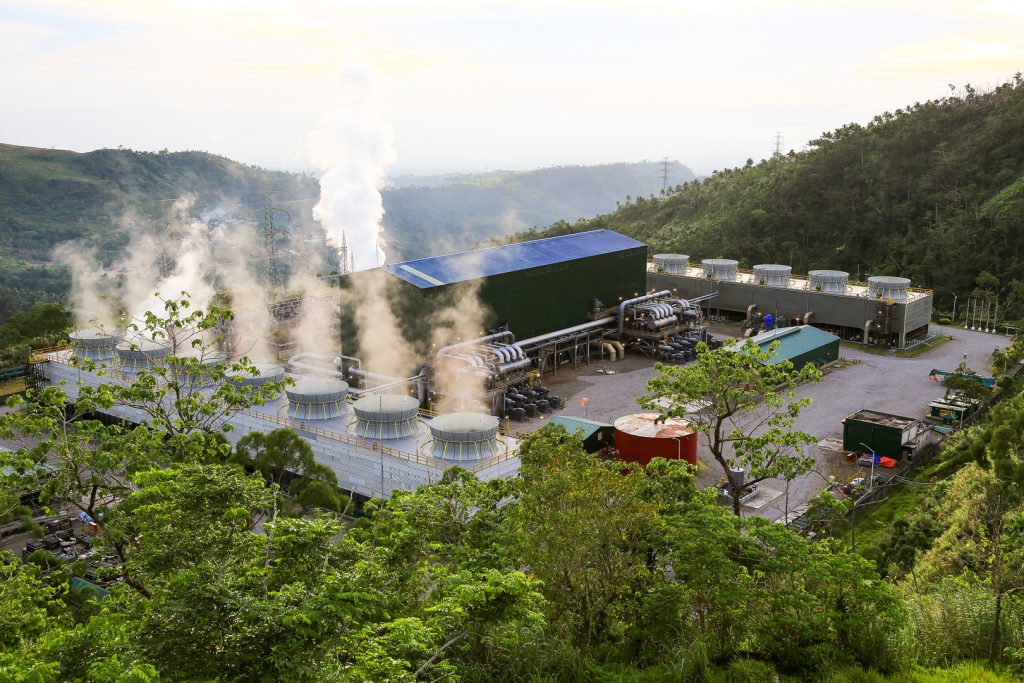Austria and Sweden have both shut down their last operational coal power plants, making them the second and third European countries respectively to have done so.

Austria shut down Verbund’s Mellach site on 17 April, while Stockholm Exergi AB’s Värtaverket closed permanently two years ahead of schedule, marking an earlier-than-planned departure from coal for the Scandic country.
“With Sweden going coal free in the same week as Austria, the downward trajectory of coal in Europe is clear,” said Kathrin Gutmann, campaign director for pressure group Europe Beyond Coal.
“Against the backdrop of the serious health challenges we are currently facing, leaving coal behind in exchange for renewables is the right decision, and will repay us in kind with improved health, climate protection and more resilient economies.”
The closure of Mellach comes after years of successful campaigning by the Austrian NGO Global 2000, which has been advocating for a coal exit and a focus on renewables. The closure means Austria is now the second European country since Belgium in 2016 to end coal use for electricity generation.
Six more countries are expected to follow suit by 2025 or earlier:
France – 2022
Slovakia – 2023
Portugal – 2023
UK – 2024
Ireland – 2025
Italy – 2025
Beyond Coal expects a further five countries to join the 10 front-runners by 2030 or earlier, which is the necessary end date for coal generation in Europe for the continent to be in line with the UN Paris climate agreement.
This includes Greece (2028), the Netherlands (2029), Finland (2029), Hungary (2030), and Denmark (2030). Discussions are currently underway in the Czech Republic, Spain and North Macedonia over when to exit coal. Germany intends to exit coal by 2038, according to its yet-to-be adopted coal exit law.







